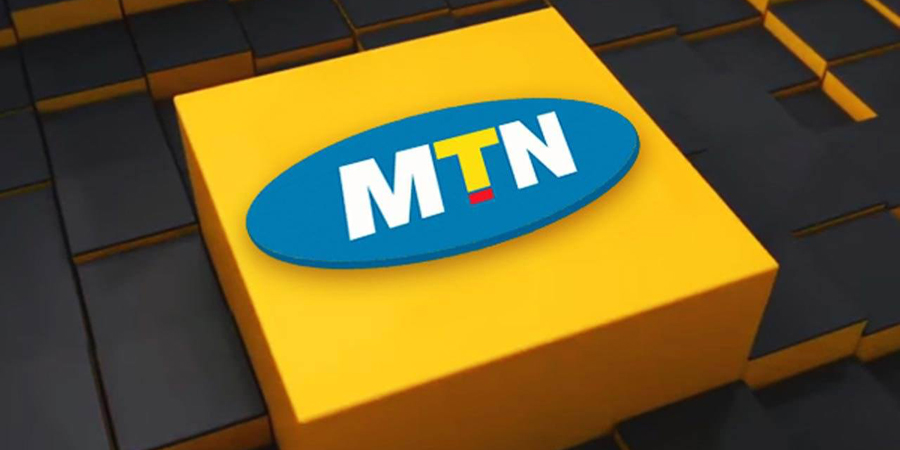South African telecommunications giant MTN has been accused of aiding militant groups in Afghanistan, including paying protection money, as contained in an amended lawsuit filed Friday, June 5, on behalf of hundreds of families of United States soldiers.
According to the complaint made by Washington-based law firms, MTN’s actions targeted the United States by supporting a dominating market in unstable countries not allied with Washington.
Based on the allegation, MTN allegedly violated the Anti-Terrorism Act by sponsoring funds of over $100 million to al-Qaeda and the Taliban for protection so its cellular towers would not be targeted for destruction. The company was also accused of deactivating those towers at night, thereby preventing U.S. intelligence operations. Prior to this, an original lawsuit was filed December against MTN in the United States District Court in the District of Columbia.
Alongside MTN, at least eight multinational companies such as security firm G4S, U.S. infrastructure group Louis Berger and consultancy Janus Global were accused of operating in Afghanistan and Iran between 2009 and 2017.
However, MTN and other companies involved in the scandal have denied the allegations. In April 2020, the network operator demanded that the court dismiss the original suit due to the lack of court jurisdiction over the company, and on the grounds that the complaint did not allege any conduct violating the Anti-Terrorism Act.
In a written response to questions submitted by Reuters on Saturday, June 6, MTN said it was considering filing another motion to counter the fresh allegations. “We are reviewing the new material in consultation with our legal advisers,” the company said.
MTN, Africa’s largest mobile operator and eighth biggest in the world with 243.7 million subscribers, is not new to allegations over relationship with its Iranian operations. In February, a former South African ambassador to Iran was arrested on charges that he took bribes to help MTN win a $31.6 billion license to operate in Iran.











